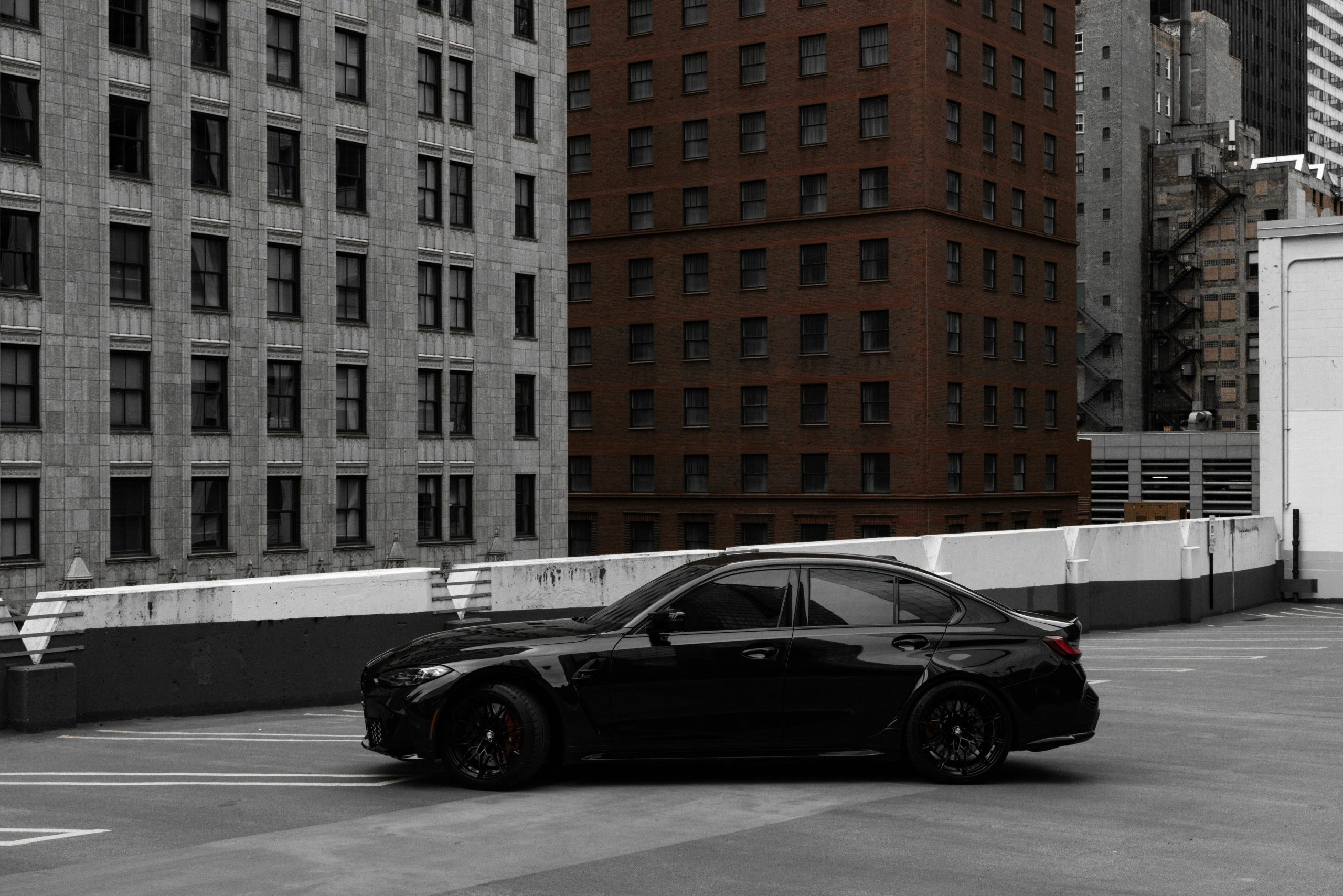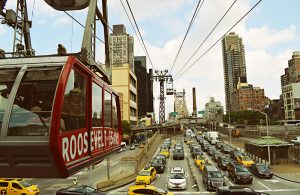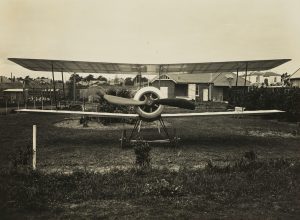Unconventional Transportation Solutions for Modern Cities
Do you find yourself feeling stuck in traffic on your daily commute to work? Are you tired of endlessly circling the block in search of a parking spot? With the ever-increasing urbanization of modern cities, it’s no surprise that traditional modes of transportation are no longer meeting the demands of the growing population. It’s time to think outside the box and explore unconventional transportation solutions that could revolutionize our cities and make getting around more efficient and eco-friendly. Let’s dive in and discover some game-changing ideas for modern cities.
Personal Rapid Transit (PRT)
Personal Rapid Transit (PRT) is a futuristic mode of transportation that uses small automated pods to transport individuals or small groups of people. These pods run on a network of elevated tracks and can be called upon through a smartphone app. PRT systems are driverless and electric, making them a sustainable and cost-effective transportation solution.
One of the biggest advantages of PRT is its flexibility. Unlike traditional public transportation, PRT pods can take passengers directly to their desired destination without any stops in between. This eliminates the need for multiple modes of transportation and reduces travel time significantly. PRT systems have already been implemented in cities like Morgantown, West Virginia and Masdar City, UAE, and have shown great success in reducing road congestion and carbon emissions.
Hyperloop
If you thought PRT was a game-changer, then the Hyperloop will blow your mind. Proposed by SpaceX and Tesla founder, Elon Musk, the Hyperloop is a high-speed transportation system that uses vacuum-sealed tubes to transport passengers at speeds of up to 700 mph. The idea is to create a low-pressure environment inside the tube, allowing the pod to travel efficiently without any air resistance.
The Hyperloop has the potential to drastically reduce travel time between cities, making it possible to commute between cities for work or leisure. This mode of transportation has the added benefit of being sustainable, as it is powered by renewable energy sources. Several companies, including Virgin Hyperloop One and Hyperloop Transportation Technologies, are currently working on developing the technology and bringing the Hyperloop to life in the not-too-distant future.
Flying Taxis
Are flying cars no longer just a fantasy? With the increasing developments in technology, the idea of flying taxis is becoming more and more feasible. Companies like Uber and Airbus have already started working on prototypes, with plans to launch air taxi services in cities like Dallas and Dubai. These flying taxis would use vertical take-off and landing (VTOL) technology, making them a convenient and time-saving mode of transportation.
While there are still regulatory and safety concerns that need to be addressed, the potential for flying taxis to reduce traffic congestion and provide efficient transportation is undeniable. Plus, the thought of soaring above the city skyline in a flying taxi is undeniably cool.
Electric Scooters and Bikes
If you’ve recently been in a big city, you’ve probably noticed the influx of electric scooters and bikes available for rent. This trend has been gaining popularity in cities across the world, offering a convenient and eco-friendly alternative for short-distance travel. The ease of renting these vehicles through a simple phone app makes them a popular choice for tourists and locals alike.
Electric scooters and bikes also have the added benefit of not taking up much space on the roads, making them a great solution for reducing traffic and parking woes. However, the rise of these vehicles has also raised concerns about safety, as riders often do not follow traffic laws and can pose dangers to themselves and others. Proper regulations and infrastructure are crucial for the success of this mode of transportation.
Conclusion
Innovative and unconventional transportation solutions are the key to addressing the challenges that modern cities face. PRT, Hyperloop, flying taxis, and electric scooters and bikes are just a few examples of the many ideas being explored. These solutions have the potential to not only make our daily commutes more efficient and enjoyable, but also to significantly reduce carbon emissions and improve the overall livability of our cities. It’s time to embrace these unconventional modes of transportation and pave the way towards a smarter and more sustainable future.









